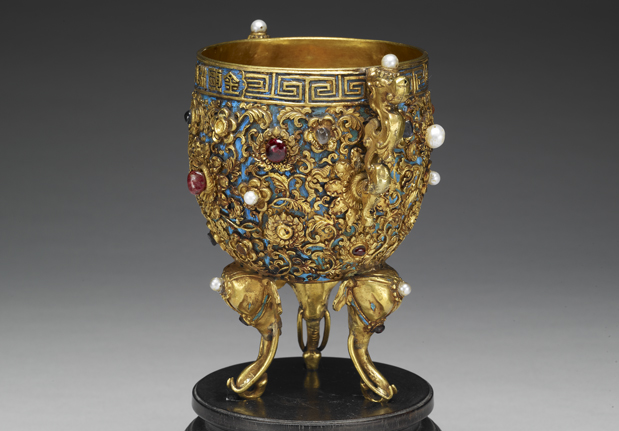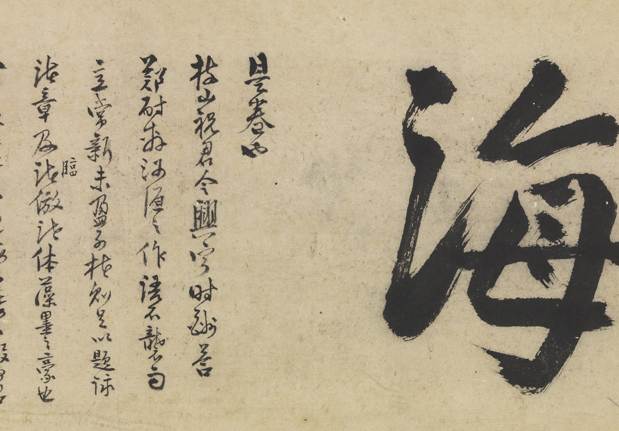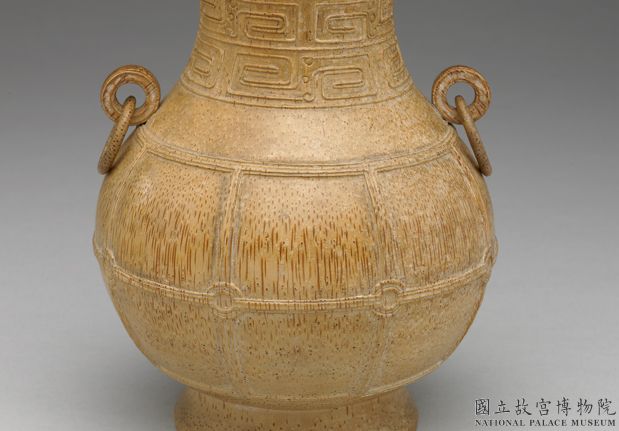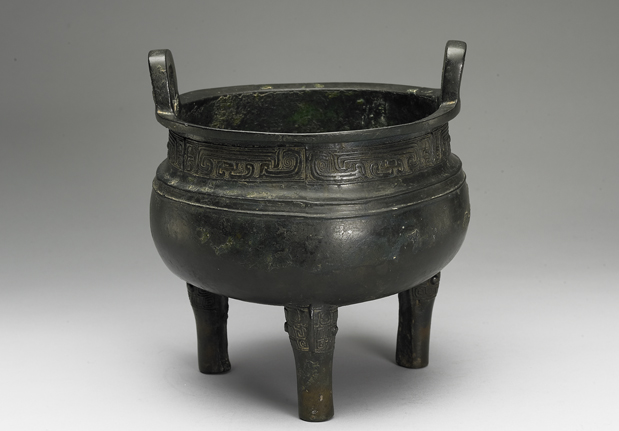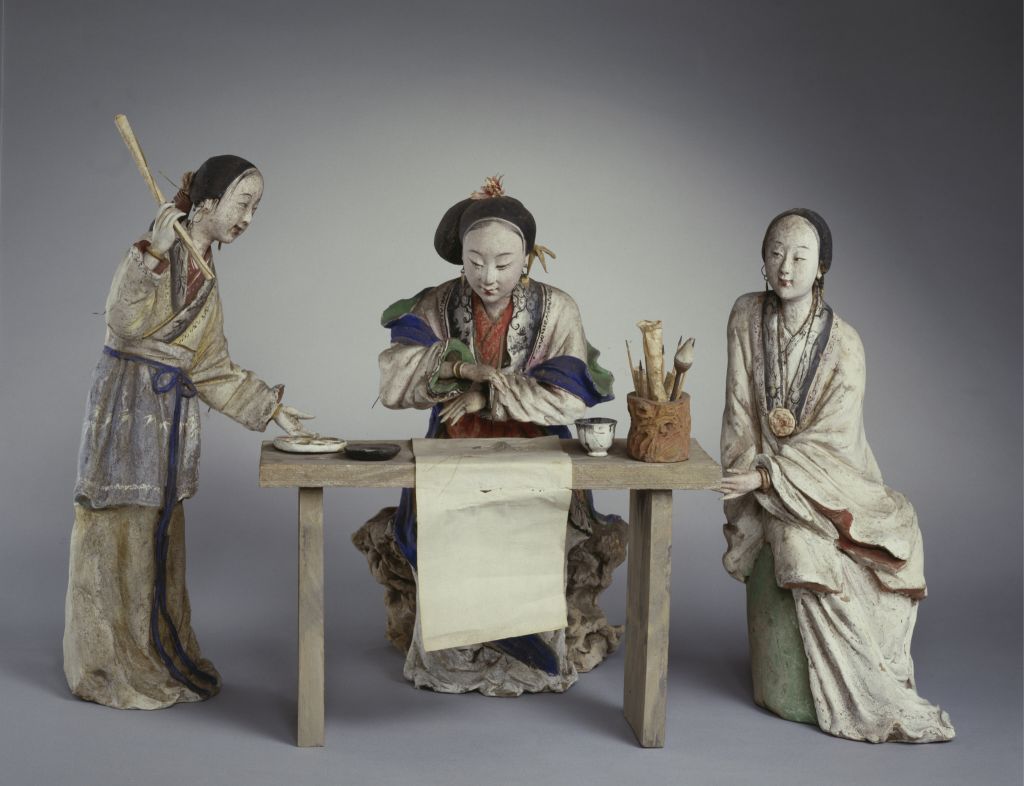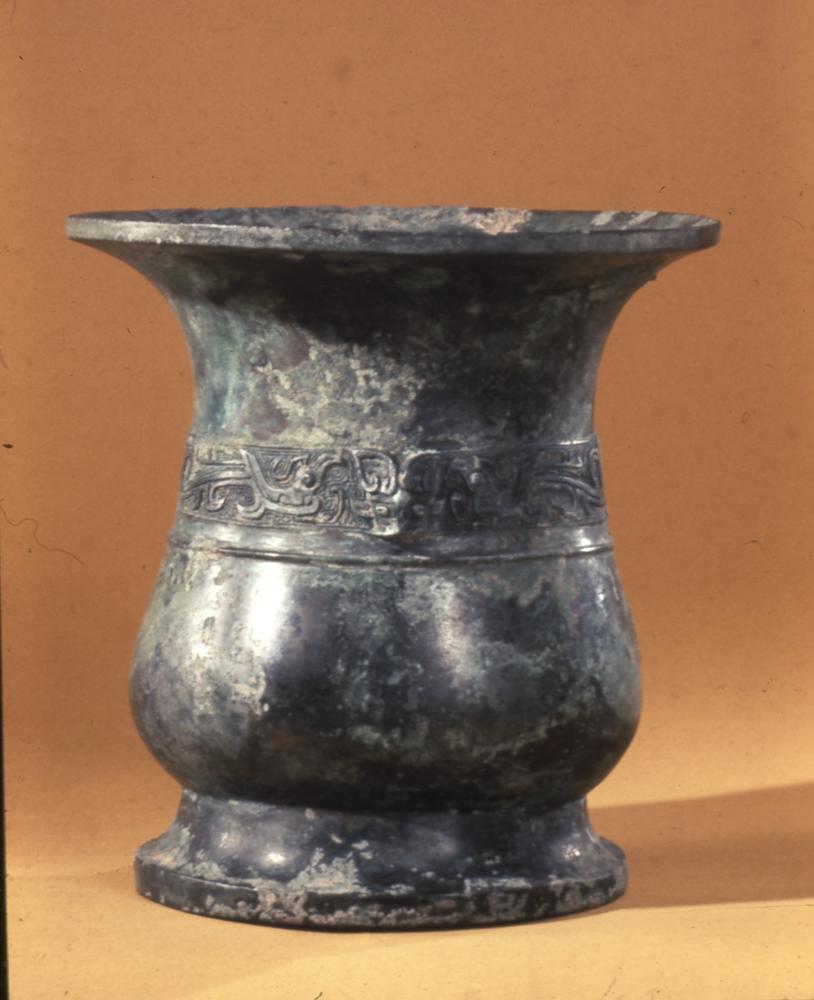[Selected Calligraphy of Mochi Hall in the Ming Dynasty]
The famous calligraphic works of the Ming Dynasty, which were carved with hand seals, were selected from the calligraphic works collected by his family and borrowed from others. This book is a collection of books in the past dynasties. It was carved on the stone in the first month of the thirtieth year of the Wanli reign of the Ming Dynasty (1602), and completed in the thirty-eighth year (1610). It consists of five volumes and is based on the famous calligraphies of the Jin, Tang, Song and Yuan dynasties. Volume I, Wang Xizhi and Wang Xianzhi; Volume II, written by Wang Xizhi, Wang Huizhi, Wang Xianzhi, Zhiyong and others; Volume III, written by Yu Shinan, Chu Suiliang, Liu Gongquan, Ouyang Xun, Yan Zhenqing and others; Volume IV, written by Su Shi, Huang Tingjian, Mi Fu, Cai Xiang and others; Volume V, Zhao Mengfu’s book. Zhang’s carelessness in identification resulted in the income of fake books, but the inscriptions were lifelike and were famous in the Ming Dynasty
The Ming Dynasty rubbings collected in the Forbidden City are from the original stone, including some of the stickers in the second and third volumes, which are already incomplete. The original stone rubbings are rare and have always been valued by the world. The rubbings are excellent and the ink is pure and ancient. Although the rubbings are fragments, they are rare and worth cherishing. Another valuable feature of this book is that its double-hook filling pen is like a hairline, showing the true charm. Zhang Boying said that Zhang was mended by hook
There are 60 comments on the postscript of Zhang Tingji and Zhang Boying in the post, which are stamped with 27 seals, such as “Shaopu”, “Lao Shaoping”, “Zhang Shuwei” and “Huashan Ma”. The white hemp paper is dug, inlaid and mounted, and the double hooks are made of oil paper. The size of each page is 26.9 cm vertically and 13.7 cm horizontally
This post is described in Ouyang Fu’s “Collection of Ancient Works, Seeking Truth and Correction”, Rong Geng’s “Cong Tie Mu”, Zhang Yansheng’s “Collection of Good Tablets” and other books.
![图片[1]-Ming Tuo Mochi Hall Selected Posts-China Archive](https://chinaarchive.net/Ming dynasty/Inscription/989[1024].jpg)
![墨池堂选帖-帖文之一 图片[2]-Ming Tuo Mochi Hall Selected Posts-China Archive](https://chinaarchive.net/Ming dynasty/Inscription/991[1024].jpg) 墨池堂选帖-帖文之一
墨池堂选帖-帖文之一![墨池堂选帖-帖文之二 图片[3]-Ming Tuo Mochi Hall Selected Posts-China Archive](https://chinaarchive.net/Ming dynasty/Inscription/992[1024].jpg) 墨池堂选帖-帖文之二
墨池堂选帖-帖文之二![墨池堂选帖-帖文之三 图片[4]-Ming Tuo Mochi Hall Selected Posts-China Archive](https://chinaarchive.net/Ming dynasty/Inscription/994[1024].jpg) 墨池堂选帖-帖文之三
墨池堂选帖-帖文之三![墨池堂选帖-帖文之四 图片[5]-Ming Tuo Mochi Hall Selected Posts-China Archive](https://chinaarchive.net/Ming dynasty/Inscription/995[1024].jpg) 墨池堂选帖-帖文之四
墨池堂选帖-帖文之四![墨池堂选帖-帖文之五 图片[6]-Ming Tuo Mochi Hall Selected Posts-China Archive](https://chinaarchive.net/Ming dynasty/Inscription/997[1024].jpg) 墨池堂选帖-帖文之五
墨池堂选帖-帖文之五![墨池堂选帖-帖文之六 图片[7]-Ming Tuo Mochi Hall Selected Posts-China Archive](https://chinaarchive.net/Ming dynasty/Inscription/998[1024].jpg) 墨池堂选帖-帖文之六
墨池堂选帖-帖文之六![墨池堂选帖-帖文之七 图片[8]-Ming Tuo Mochi Hall Selected Posts-China Archive](https://chinaarchive.net/Ming dynasty/Inscription/1000[1024].jpg) 墨池堂选帖-帖文之七
墨池堂选帖-帖文之七![墨池堂选帖-帖文之八 图片[9]-Ming Tuo Mochi Hall Selected Posts-China Archive](https://chinaarchive.net/Ming dynasty/Inscription/1001[1024].jpg) 墨池堂选帖-帖文之八
墨池堂选帖-帖文之八![墨池堂选帖-帖文之九 图片[10]-Ming Tuo Mochi Hall Selected Posts-China Archive](https://chinaarchive.net/Ming dynasty/Inscription/1003[1024].jpg) 墨池堂选帖-帖文之九
墨池堂选帖-帖文之九![墨池堂选帖-帖文之十 图片[11]-Ming Tuo Mochi Hall Selected Posts-China Archive](https://chinaarchive.net/Ming dynasty/Inscription/1005[1024].jpg) 墨池堂选帖-帖文之十
墨池堂选帖-帖文之十![墨池堂选帖-帖文之十一 图片[12]-Ming Tuo Mochi Hall Selected Posts-China Archive](https://chinaarchive.net/Ming dynasty/Inscription/1006[1024].jpg) 墨池堂选帖-帖文之十一
墨池堂选帖-帖文之十一![墨池堂选帖-帖文之十二 图片[13]-Ming Tuo Mochi Hall Selected Posts-China Archive](https://chinaarchive.net/Ming dynasty/Inscription/1008[1024].jpg) 墨池堂选帖-帖文之十二
墨池堂选帖-帖文之十二![墨池堂选帖-帖文之十三 图片[14]-Ming Tuo Mochi Hall Selected Posts-China Archive](https://chinaarchive.net/Ming dynasty/Inscription/1009[1024].jpg) 墨池堂选帖-帖文之十三
墨池堂选帖-帖文之十三![墨池堂选帖-帖文之十四 图片[15]-Ming Tuo Mochi Hall Selected Posts-China Archive](https://chinaarchive.net/Ming dynasty/Inscription/1012[1024].jpg) 墨池堂选帖-帖文之十四
墨池堂选帖-帖文之十四![墨池堂选帖-帖文之十五 图片[16]-Ming Tuo Mochi Hall Selected Posts-China Archive](https://chinaarchive.net/Ming dynasty/Inscription/1014[1024].jpg) 墨池堂选帖-帖文之十五
墨池堂选帖-帖文之十五![墨池堂选帖-帖文之十六 图片[17]-Ming Tuo Mochi Hall Selected Posts-China Archive](https://chinaarchive.net/Ming dynasty/Inscription/1016[1024].jpg) 墨池堂选帖-帖文之十六
墨池堂选帖-帖文之十六![墨池堂选帖-帖文之十七 图片[18]-Ming Tuo Mochi Hall Selected Posts-China Archive](https://chinaarchive.net/Ming dynasty/Inscription/1018[1024].jpg) 墨池堂选帖-帖文之十七
墨池堂选帖-帖文之十七![墨池堂选帖-帖文之十八 图片[19]-Ming Tuo Mochi Hall Selected Posts-China Archive](https://chinaarchive.net/Ming dynasty/Inscription/1021[1024].jpg) 墨池堂选帖-帖文之十八
墨池堂选帖-帖文之十八![墨池堂选帖-帖文之十九 图片[20]-Ming Tuo Mochi Hall Selected Posts-China Archive](https://chinaarchive.net/Ming dynasty/Inscription/1046[1024].jpg) 墨池堂选帖-帖文之十九
墨池堂选帖-帖文之十九![墨池堂选帖-帖文之二十 图片[21]-Ming Tuo Mochi Hall Selected Posts-China Archive](https://chinaarchive.net/Ming dynasty/Inscription/1048[1024].jpg) 墨池堂选帖-帖文之二十
墨池堂选帖-帖文之二十![墨池堂选帖-帖文之二十一 图片[22]-Ming Tuo Mochi Hall Selected Posts-China Archive](https://chinaarchive.net/Ming dynasty/Inscription/1049[1024].jpg) 墨池堂选帖-帖文之二十一
墨池堂选帖-帖文之二十一![墨池堂选帖-帖文之二十二 图片[23]-Ming Tuo Mochi Hall Selected Posts-China Archive](https://chinaarchive.net/Ming dynasty/Inscription/1050[1024].jpg) 墨池堂选帖-帖文之二十二
墨池堂选帖-帖文之二十二![墨池堂选帖-帖文之二十三 图片[24]-Ming Tuo Mochi Hall Selected Posts-China Archive](https://chinaarchive.net/Ming dynasty/Inscription/1051[1024].jpg) 墨池堂选帖-帖文之二十三
墨池堂选帖-帖文之二十三![墨池堂选帖-帖文之二十四 图片[25]-Ming Tuo Mochi Hall Selected Posts-China Archive](https://chinaarchive.net/Ming dynasty/Inscription/1053[1024].jpg) 墨池堂选帖-帖文之二十四
墨池堂选帖-帖文之二十四![墨池堂选帖-帖文之二十五 图片[26]-Ming Tuo Mochi Hall Selected Posts-China Archive](https://chinaarchive.net/Ming dynasty/Inscription/1055[1024].jpg) 墨池堂选帖-帖文之二十五
墨池堂选帖-帖文之二十五![墨池堂选帖-帖文之二十六 图片[27]-Ming Tuo Mochi Hall Selected Posts-China Archive](https://chinaarchive.net/Ming dynasty/Inscription/1057[1024].jpg) 墨池堂选帖-帖文之二十六
墨池堂选帖-帖文之二十六![墨池堂选帖-帖文之二十七 图片[28]-Ming Tuo Mochi Hall Selected Posts-China Archive](https://chinaarchive.net/Ming dynasty/Inscription/1058[1024].jpg) 墨池堂选帖-帖文之二十七
墨池堂选帖-帖文之二十七![墨池堂选帖-帖文之二十八 图片[29]-Ming Tuo Mochi Hall Selected Posts-China Archive](https://chinaarchive.net/Ming dynasty/Inscription/1060[1024].jpg) 墨池堂选帖-帖文之二十八
墨池堂选帖-帖文之二十八![墨池堂选帖-帖文之二十九 图片[30]-Ming Tuo Mochi Hall Selected Posts-China Archive](https://chinaarchive.net/Ming dynasty/Inscription/1062[1024].jpg) 墨池堂选帖-帖文之二十九
墨池堂选帖-帖文之二十九![墨池堂选帖-帖文之三十 图片[31]-Ming Tuo Mochi Hall Selected Posts-China Archive](https://chinaarchive.net/Ming dynasty/Inscription/1064[1024].jpg) 墨池堂选帖-帖文之三十
墨池堂选帖-帖文之三十![墨池堂选帖-帖文之三十一 图片[32]-Ming Tuo Mochi Hall Selected Posts-China Archive](https://chinaarchive.net/Ming dynasty/Inscription/1065[1024].jpg) 墨池堂选帖-帖文之三十一
墨池堂选帖-帖文之三十一![墨池堂选帖-帖文之三十二 图片[33]-Ming Tuo Mochi Hall Selected Posts-China Archive](https://chinaarchive.net/Ming dynasty/Inscription/1067[1024].jpg) 墨池堂选帖-帖文之三十二
墨池堂选帖-帖文之三十二![墨池堂选帖-帖文之三十三 图片[34]-Ming Tuo Mochi Hall Selected Posts-China Archive](https://chinaarchive.net/Ming dynasty/Inscription/1068[1024].jpg) 墨池堂选帖-帖文之三十三
墨池堂选帖-帖文之三十三![墨池堂选帖-帖文之三十四 图片[35]-Ming Tuo Mochi Hall Selected Posts-China Archive](https://chinaarchive.net/Ming dynasty/Inscription/1070[1024].jpg) 墨池堂选帖-帖文之三十四
墨池堂选帖-帖文之三十四![墨池堂选帖-帖文之三十五 图片[36]-Ming Tuo Mochi Hall Selected Posts-China Archive](https://chinaarchive.net/Ming dynasty/Inscription/1072[1024].jpg) 墨池堂选帖-帖文之三十五
墨池堂选帖-帖文之三十五![墨池堂选帖-帖文之三十六 图片[37]-Ming Tuo Mochi Hall Selected Posts-China Archive](https://chinaarchive.net/Ming dynasty/Inscription/1073[1024].jpg) 墨池堂选帖-帖文之三十六
墨池堂选帖-帖文之三十六![墨池堂选帖-帖文之三十七 图片[38]-Ming Tuo Mochi Hall Selected Posts-China Archive](https://chinaarchive.net/Ming dynasty/Inscription/1074[1024].jpg) 墨池堂选帖-帖文之三十七
墨池堂选帖-帖文之三十七![墨池堂选帖-帖文之三十八 图片[39]-Ming Tuo Mochi Hall Selected Posts-China Archive](https://chinaarchive.net/Ming dynasty/Inscription/1075[1024].jpg) 墨池堂选帖-帖文之三十八
墨池堂选帖-帖文之三十八![墨池堂选帖-帖文之三十九 图片[40]-Ming Tuo Mochi Hall Selected Posts-China Archive](https://chinaarchive.net/Ming dynasty/Inscription/1077[1024].jpg) 墨池堂选帖-帖文之三十九
墨池堂选帖-帖文之三十九
